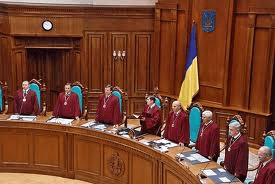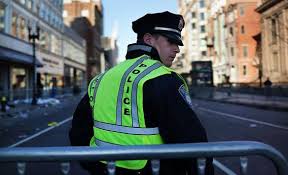(Foreign Affairs) Ukraine has struggled with the law since its independence. Its judiciary is plagued by two main problems: political dependence and corruption. Political subservience extends from the district courts all the way up to the country’s constitutional court and Supreme Court. During deposed President Viktor Yanukovych’s rule, for example, courts were often merely tools for punishing political opponents and increasing Yanukovych’s own power. Meanwhile, widespread judicial corruption — According to Transparency International, Ukraine ranks 144 out of 177 countries in terms of perceptions of corruption — has led to the public’s dismally low trust in the courts.
It is thus not surprising that one of the Euromaidan protesters’ top demands was for stronger rule of law. Nor is it surprising that the new government in Kiev has focused on scouring the judiciary and emancipating it from its political subservience. But how it has gone about that is troubling. The government has chosen to tackle the judiciary’s problems through lustration — the process of weeding out (and denying future office to) the current judicial leadership. Proponents bill lustration as a clean-up operation that will dislodge Yanukovych appointees from their administrative positions throughout the court hierarchy and will discipline judges who perpetrated selective and politicized justice during Euromaidan. For others, judicial lustration will represent victors’ justice — a purge of Yanukovych appointees to make room for the new government’s own political appointees. […]
See the full article (free subscription required) © Foreign Affairs











